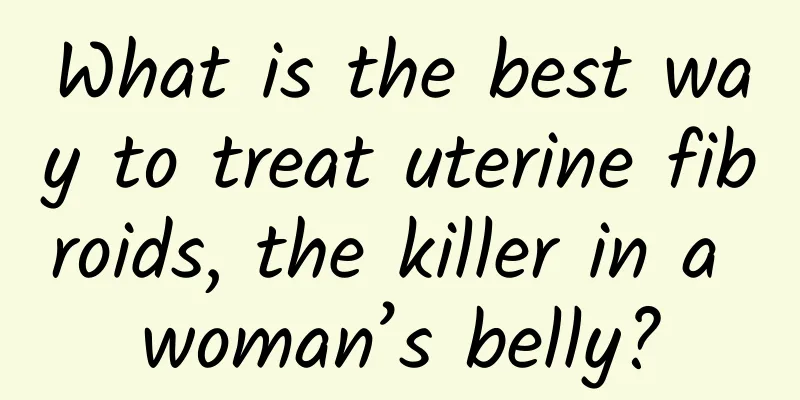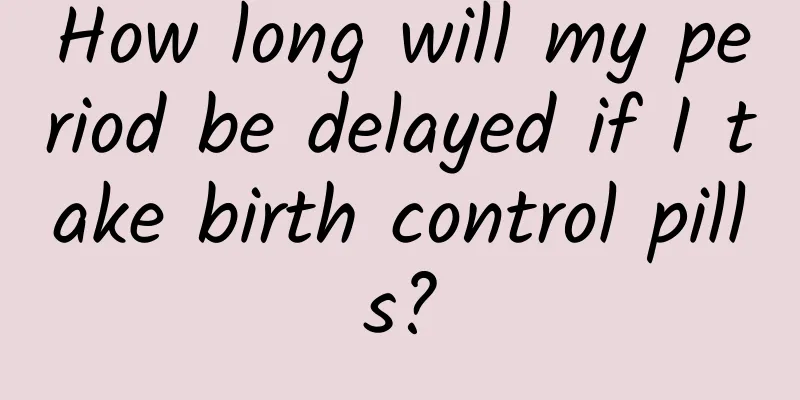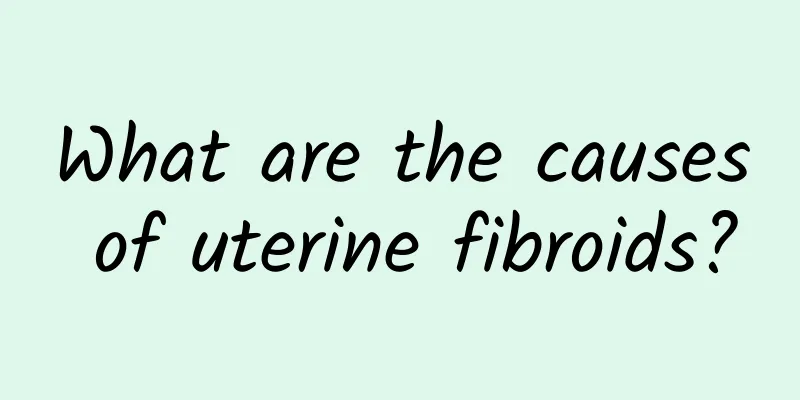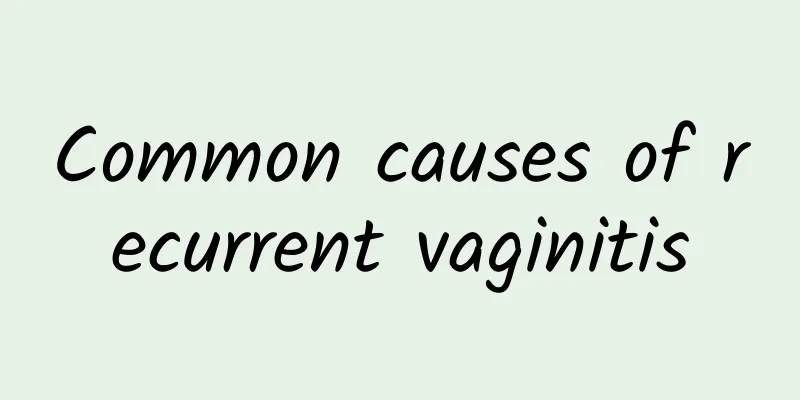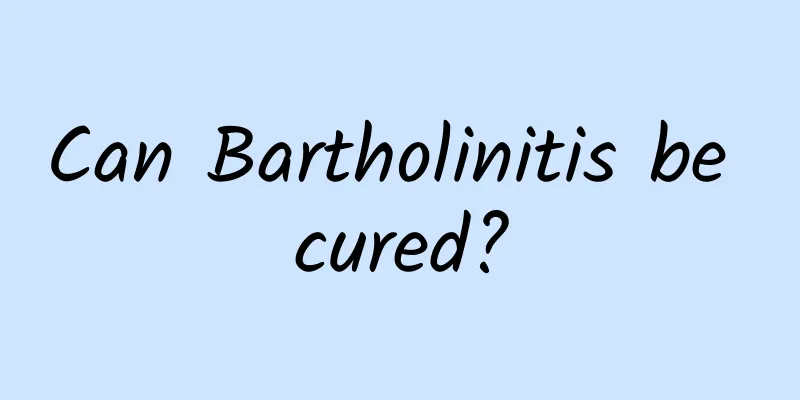What can't you eat after a miscarriage? How to adjust your diet after a miscarriage?

|
What should you not eat after a miscarriage? The most common ones are spicy foods, such as chili peppers, wine, vinegar, pepper, ginger, etc. These foods can stimulate congestion of sexual organs and increase menstrual volume. You should also avoid cold foods such as crabs, snails, and river clams. Specifically, they are as follows: 1. Cannot eat hard food; 2. Do not eat raw or cold food after abortion, especially for women with poor spleen and stomach function. Too cold food will hurt the spleen and stomach and affect digestion. 3. Do not eat greasy food such as fat, animal fat, etc. The fat intake should be controlled at about 80 grams per day within one week after the operation. After the abortion, the gastric tension and intestinal motility are weak, which will cause indigestion. After the abortion, you will have a complete rest. High-fat food will reduce your appetite and reduce the intake of protein, sugar and vitamins, which is also easy to cause obesity. 4. Do not eat cold foods such as crabs, river clams, snails, etc. Because after abortion, the best food is warming and nourishing, and these foods are not conducive to recovery. 5. Avoid smoking and drinking after abortion. Smoking and drinking are not conducive to the repair of the endometrium. Long-term vaginal bleeding will aggravate the infection and lead to other gynecological diseases. 6. Do not eat hot foods such as fried and spicy foods after surgery to avoid aggravating bleeding. Fried foods will aggravate symptoms such as dry mouth and constipation. Avoid eating irritating foods such as chili, pepper, ginger, wine, vinegar, etc. Because these foods can stimulate congestion of sexual organs and increase menstrual volume. Diet adjustment after miscarriage should focus on the following points 1. Within half a month after artificial abortion, 1.5 to 2 grams of protein should be supplied per kilogram of body weight. Therefore, you can eat more chicken, lean pork, eggs, milk, beans, and bean products. 2. As the body is weak and prone to sweating, it is advisable to replenish water in small amounts and multiple times. Sweat excretes more water-soluble vitamins, especially vitamin C, vitamin B1, and vitamin B2. Therefore, you should eat more fresh vegetables and fruits, which is also helpful to prevent constipation. 3. On the basis of normal diet, fat should be appropriately limited. The fat should be controlled at about 80 grams per day within one week after surgery. People with menstrual disorders should avoid eating irritating foods, such as chili, wine, vinegar, pepper, ginger, etc. These foods can stimulate congestion of sexual organs and increase menstrual volume. Cold foods such as crabs, snails, and river clams should also be avoided. |
<<: What happens if you eat spicy food after an abortion?
>>: Is painless abortion really painless? How much harm does painless abortion do to women?
Recommend
Methods for women to prevent cervicitis in daily life
There are more and more patients with cervicitis ...
A brief analysis of the three main diagnostic methods for chronic cervicitis
Since chronic cervicitis does little harm to wome...
Does abnormal vaginal discharge have a bad smell?
Abnormal vaginal discharge may be accompanied by ...
What should women pay attention to during the treatment of cervicitis? 6 things patients with cervicitis need to pay attention to
Many female patients with cervicitis will miss th...
How to treat chronic cervicitis in women without symptoms? 4 Chinese medicine treatments to easily deal with chronic cervicitis
Cervicitis is a common gynecological inflammation...
How do you know if you have chronic cervicitis?
Chronic cervicitis is a common gynecological dise...
Press out good curves~Achieve the lines of arms, armpits and waist at one time!
【1. Push from elbow to armpit】 Using the basic gr...
What are the symptoms of pelvic peritonitis
Pelvic peritonitis causes patients to experience ...
Is it not easy to gain weight by eating sweets during menstruation? (superior)
(Compiled by Huang Xiumei) Every summer is the pe...
Are uterine polyps the same as uterine fibroids?
Nowadays, there are more and more diseases that m...
What is the best diet to fight against malignant uterine fibroids? Can malignant uterine fibroids be cured?
What is the best diet to fight against malignant ...
Teach you to self-check whether you have uterine fibroids
Uterine fibroids are a common gynecological disea...
Can’t eat pizza to lose weight? 8 tips for eating Italian food without stress
Maintaining a graceful figure is the lifelong dre...
Drinking one cup of cola a day increases the risk of stroke in women by 80%
If you can have a can of cold carbonated drink an...
Combining meat and vegetables to prevent and treat functional uterine bleeding
Functional uterine bleeding may occur in any woma...


